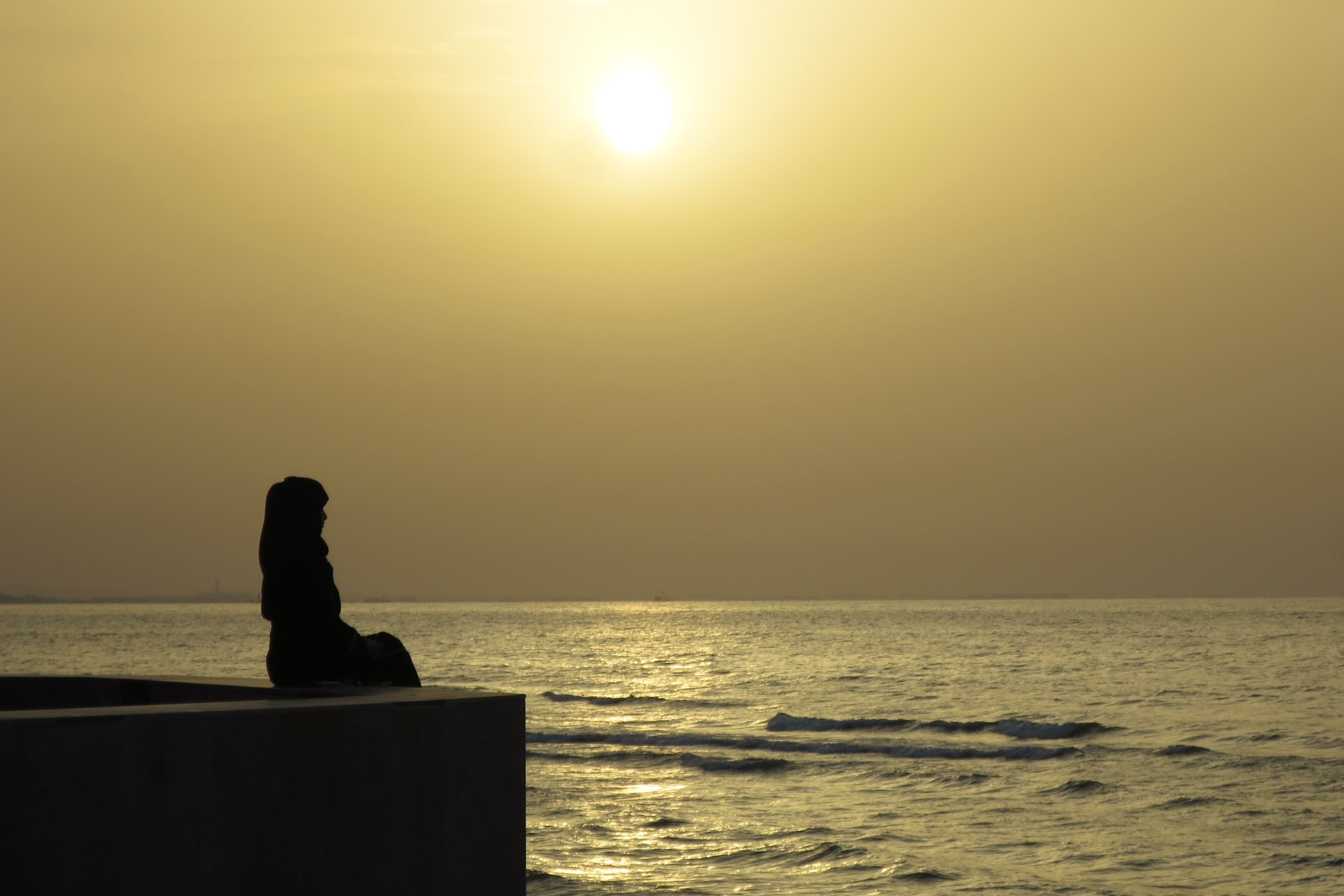Fighting fistula in Somalia

Madina, 30, lives in Mogadishu, Somalia. She developed fistula after a difficult and prolonged labor when she was only 17. Her baby died of asphyxia before delivery. Soon after, she noticed that she could no longer control her bladder.
Leaking urine uncontrollably and not knowing what had happened to her, Madina decided to live in silence, hoping that she would get better eventually. Unfortunately her condition worsened as the days went by.
Madina’s husband decided that he could no longer live with her because of the smell and divorced her. Depressed, she went back to her mother’s house, feeling that the world had turned against her: first she had lost her baby, then she got “sick” with that dreadful condition and now she was divorced.
Her mother tried to encourage Madina, but she felt lonely and cried all the time, especially at night. To try to avoid desperation, she did what she could to keep herself busy with household chores. Every day, by the time she was finished, Madina was so tired that she usually fell asleep immediately.
Most of Madina’s friends deserted her, visitors became rare and she never left the house, embarrassed by her condition. She needed to wear many layers of clothes to absorb the urine and this became another burden.
After one year, Madina decided to go to Somaliland to seek treatment and, there, she underwent two surgeries, both unsuccessful. She was supposed to undergo a third surgery but she decided to give up and go back home, in Mogadishu.
Madina lived with fistula for several years until a relative who lived in the central region told her about the Galkayo Medical Centre (GMC), a UNFPA-supported initiative targeting fistula patients in the South Central Zone of Somalia.
When Madina finally got to GMC after a long journey, she didn’t know what to expect. But, after a new surgery at the center, her fistula was finally repaired. Madina might need to undergo one last surgery to eliminate all remaining traces of incontinence. “But you see, I don’t smell of urine anymore,” she says with renewed hope.
Madina’s story is not uncommon in Somalia. Mariam, from a village in the same area, developed fistula when she was 15-years-old. Coming from a nomadic tribe, her labor started when she was alone in the bush. Unfortunately for her, the baby was in the difficult breech position.
Mariam delivered by herself. The baby’s head got stuck in the birth canal, forcing Mariam to walk for miles with her baby partially inside her before she could find someone to assist her. The villagers she found tried to pull the baby out without success. By that time, Mariam had fallen into a coma.
They brought Mariam back to her family unconscious. When she finally woke up, she realized that she couldn’t stand up or move her legs as a result of the trauma she had experienced earlier.
Mariam had developed an infection, which affected the nerves around her pelvis and prevented her from walking. Also, the tissue of the birth canal had slough off due to necrosis, leading to a double fistula – Mariam couldn’t control her urine or stool anymore.

Mariam, recuperating from surgery in the fistula ward.
The family learned about the fistula project on the radio and then organized a trip to Galkayo to try a surgical repair. At GMC, the doctors treated the infections and removed the necrotic tissue. Mariam was then scheduled for fistula surgery. After treatment, she became continent and was able to walk again.
“I so happy,” she said with tears. “I did not know there was a cure for my condition. Thank you very much,” she added as she left the center.
GMC, managed by Dr. Abdulcadir Dhagacade, provides a safe and easy to access reference facility for emergency obstetric care and fistula repair in central Somalia. So far, 51 fistula cases and 74 complicated deliveries have been attended by health professionals at the center. Transportation and surgery costs are covered by UNFPA.
UNFPA’s country office for Somalia is also working with partners in providing much needed reproductive health care services. Among many projects, UNFPA is working on the opening of a midwifery school in Mogadishu later this year.
It is critically important to work with local partners in Somalia. For one, it is a matter of access to the areas of the country where only few organizations are allowed to operate. In addition, UNFPA’s partners in Somalia possess a deep understanding of the country’s culture, family affairs and decision-making processes in a context that calls for collaboration with faith-based organizations.
Roar Bakke Sorensen reported from Somalia with contributions by Alexandra Sicotte-Levesque.